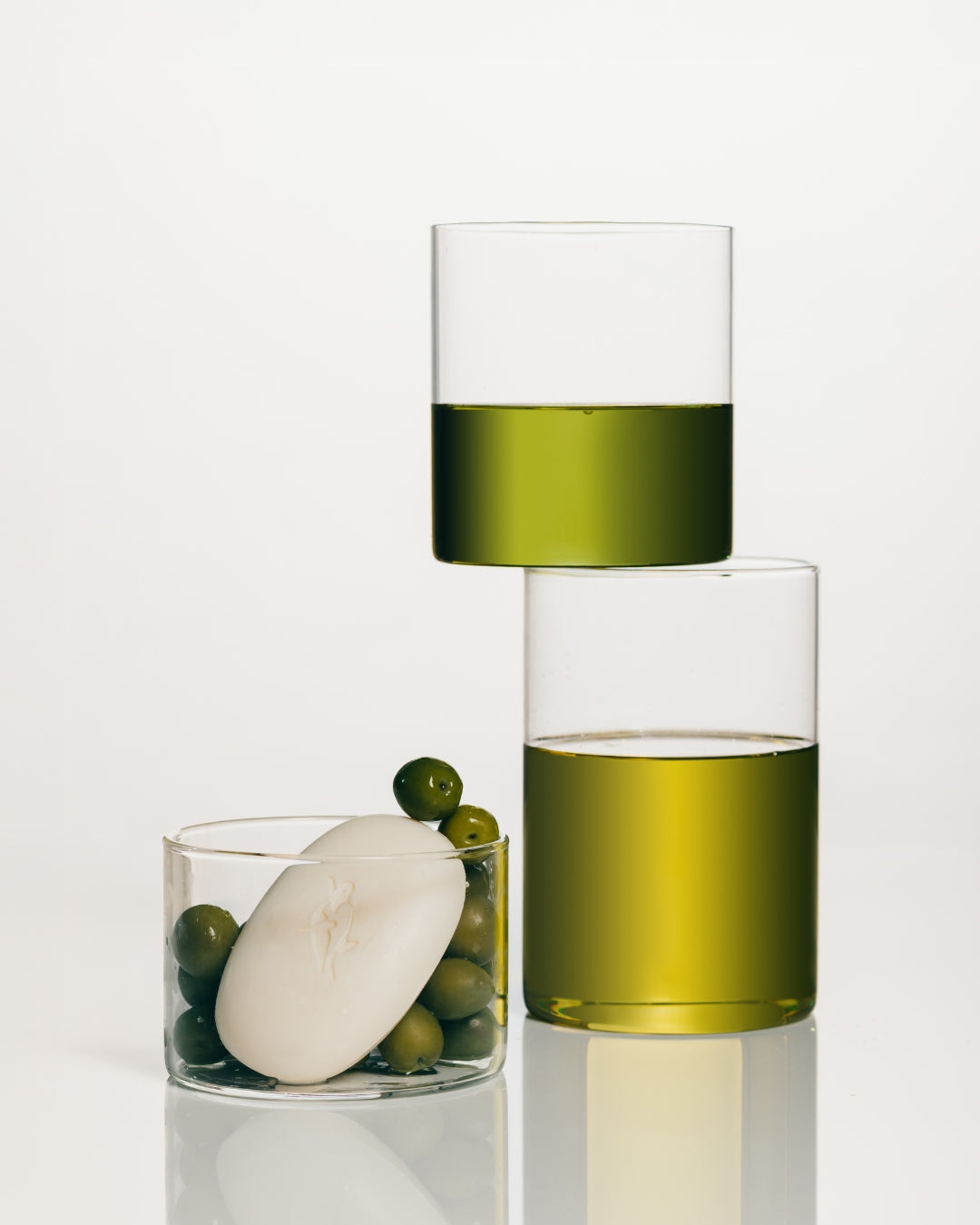The kitchen is the heart of the home and a great place to start when you’re looking to save energy and money. Here’s a list of 10 easy ways to green up your kitchen routine. Start with one or two of the easier ones, then slowly incorporate more ideas until these habits become second nature.
1 - Swap paper towels for cloth
While convenient, paper towels generate several million tons of rubbish each year. Instead use dish towels and sponges to mop up spills, recycle old t-shirts to make rags for wiping floors, and use a wire rack to drain oil from fried food.
2 - Wash fruit and veg in a bowl
Instead of rinsing fruit and vegetables under running water, fill a sink or bowl with cold water and a splash of vinegar and wash them all at the same time. You’ll conserve water, save time and help rinse off any nasties.
 Foto-kriegner via Shutterstock
Foto-kriegner via Shutterstock
3 - Reuse cooking water
Water that has been used to rinse or cook rice, pasta or to clean produce, can be recycled and used to water your plants. You can also
save water at home by using the end of your water bottle to water your greenery rather than chucking it down the sink.
4 - Keep a lid on it
When boiling water and cooking, keep a lid on pots and pans to retain heat and save energy.
 Colleen Michaels via Shutterstock
Colleen Michaels via Shutterstock
5 - Invest in eco-friendly cookware
Choose pots and pans made from eco-friendly materials such as stainless steel, cast iron or ceramic. They have longer lifespans and are also less likely to release harmful chemicals.
6 - Get smart with your oven
Avoid using the oven just to cook one dish – if you’re roasting meat for example, add in an extra tray of veggies on the lower shelf to bake for salads and soups later on in the week. If you’re baking cookies, make a banana bread or other baked goods to make the best use of the oven.

gpointstudio via Shutterstock
7 - Try batch cooking
If you’re not a fan of spending the whole day in the kitchen prepping for the week ahead, try just making a double amount when you make your evening meal, then pop the extras in the fridge or freezer for another night. Reheating meals from the night before uses less energy than cooking a new meal from scratch and it also helps
reduce food waste.
8 - Only run full loads
Wait until your dishwasher is full before running a load, and use the economy setting if you have one. When it’s time to upgrade, opt for an energy-efficient model to help reduce greenhouse gas emissions and save money.
 Kekyalyaynen via Shutterstock
Kekyalyaynen via Shutterstock
9 - Make your own cleaning products
Almost everything you need for a
green cleaning routine is probably already in your pantry. Cleaning products made from natural ingredients such as vinegar, baking soda and lemon juice are surprisingly effective.
10 - Choose sustainable chopping boards
Wooden or bamboo cutting boards and chopping boards are functional, stylish and eco-friendly. Bamboo actually has anti-microbial properties so it’s perfect for kitchen prep.
 Natalia Lisovskaya via Shutterstock
Natalia Lisovskaya via Shutterstock




